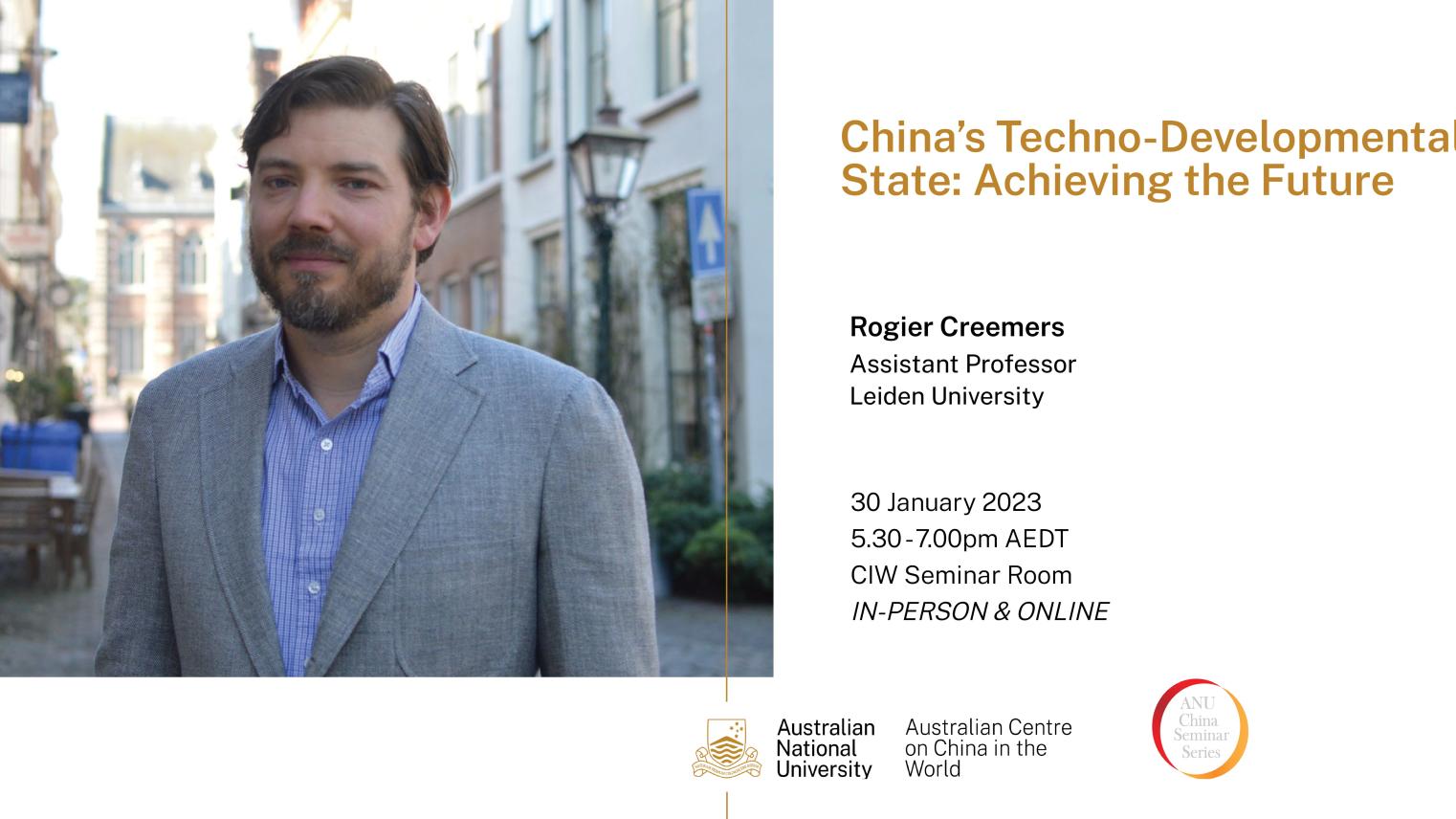In 2014, China’s leadership put forward the goal of becoming a “strong network country” (wangluo qiangguo), and the current 14th Five-Year Planning cycle puts digital technology at the heart of China’s social and economic development priorities. In contrast to the first wave of digitised states in the West, China has adopted a far more dirigiste policy approach, in which the government takes a dominant role in setting objectives, mobilising resources, intervening through regulation and coordinating action.
As such, China constitutes a “techno-developmental state”, which intends to use technology for economic and financial growth, but also for the delivery of state services in response to constantly evolving demands. Its evolution, however, does not occur in a vacuum: although the lions’ share of Beijing’s attention is devoted to domestic considerations, changing international circumstances are significantly impacting China’s access to foreign resources, technologies and markets, as well as its bid for greater influence in technical and political governance forums.
How does the Chinese Party-State use digital technology to achieve its development goals, and how does it adapt itself in the process? This presentation will discuss the shifting circumstances that China faces, and the parameters that will shape China’s future as a leader in cutting-edge technology, as a digital economic powerhouse, and a digital society.
IN-PERSON & ONLINE.
Rogier Creemers is Assistant Professor at Leiden University. With a background in Sinology and International Relations, and a PhD in Law, his research focuses on Chinese domestic digital technology policy, as well as China's growing importance in global digital affairs. He is the principal investigator of the NWO Vidi Project "The Smart State: Big Data, Artificial Intelligence and the Law in China". For the Leiden Asia Centre, he directs a project on China and global cybersecurity, funded by the Dutch Ministry of Foreign Affairs. He is also a co-founder of DigiChina, a joint initiative with Stanford University and New America.
The ANU China Seminar Series is supported by the Australian Centre on China in the World at ANU College of Asia and the Pacific.
